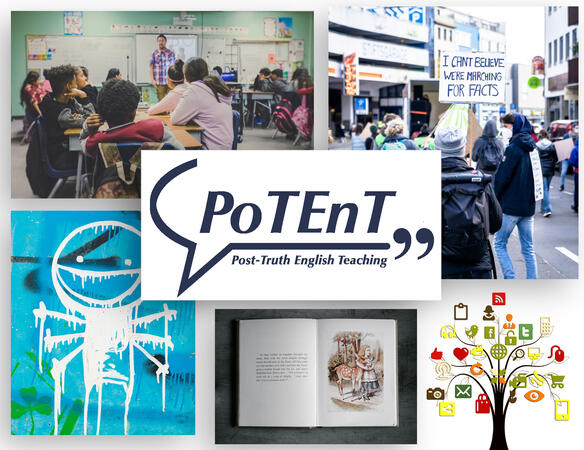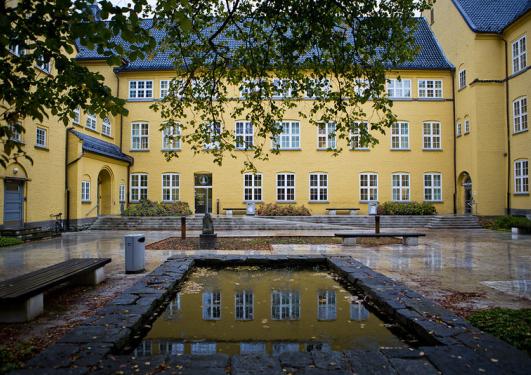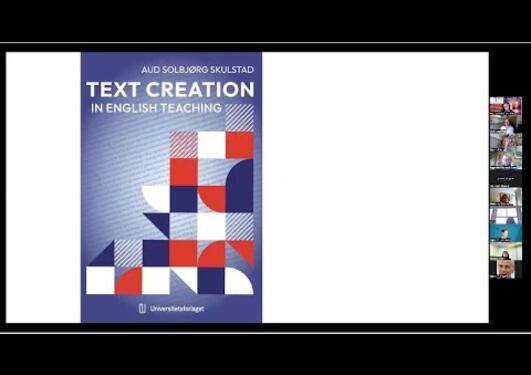
The principle aims of the research group are to explore different aspects of teaching and learning English as an additional language (EAL) in today’s complex world, and to develop innovative English language pedagogies that may be apt to responding to the social, cultural and political circumstances of the post-truth era.
Central topics are critical thinking, critical (multi-)literacies, critical interculturality, ethical and environmental awareness, multimodality, controversial issues, deep learning, Bildung, and democratic citizenship.
Find more information on our previous work under the name TELL here.
The term post-truth was hardly used ten years ago. Today, however, misinformation is an acknowledged feature of political and societal contexts. Among the multiple factors which have contributed to the increasingly blurred lines between truth and falsehood, is the rise of social media and AI generated online content. Another issue in the post-truth era is that the pluralism which characterizes 21st century societies has made it increasingly difficult to agree on what is “good” or “bad”, “right” or “wrong”, contributing to growing political polarization and a public debate governed by absolutist views. Post-truth discourse has also come to be associated with right-wing populist forces as well as a general rejection of traditional sources of information and scientific expertise.
The research group POTENT recognises the need for responding to this situation in the teaching of EAL at all levels of education. The research emerging from this group explores how EAL educators may play a role in promoting students’ ability to navigate the multiple truths, persuasive messages and complex social relations of today’s world. This issue is examined through a variety of theoretical and methodological lenses.



